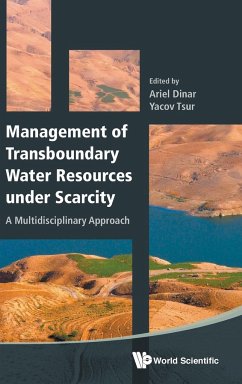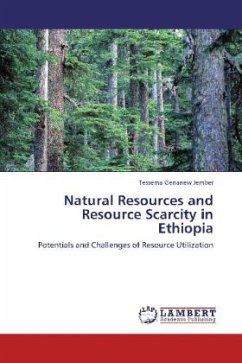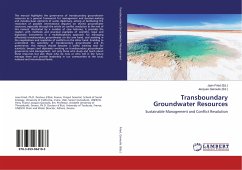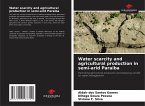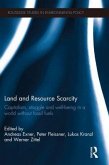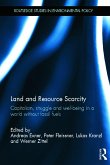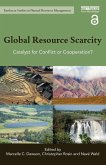Water scarcity due to climate change, population growth, and economic development is a critical issue in many semi-arid and arid regions around the world. Water scarcity is especially critical in regions where water is shared by several riparian states and used for competing purposes (irrigation, domestic, industry, environment, and hydropower). There is evidence that water scarcity may give rise to conflicts among the riparian states that share water basins. At the same time, there is evidence that proper arrangements among riparian states create a basis for cooperation, which is a necessary condition for economic development, food production, environmental sustainability, and poverty reduction. This book presents a collection of work presented by a group of academics and policy experts dealing with the impact of water scarcity and variability on the ability to jointly manage shared water and the derived welfare of international states and nations sharing international river basins, consisting of economics, technology, law and institutions, geography, and international relations. The book covers theoretical aspects of management of transboundary water as well as case studies from hotspots around the world. The unique aspect of this book is the multidisciplinary nature of the chapters, reflecting a new field of research that will gain popularity as water scarcity will increase over time and across regions. The chapters from the book were presented at the "Management of Transboundary Water Resources under Scarcity: Perspectives on Agriculture and Food Security" workshop held at The Hebrew University of Jerusalem, Israel, from June 22 to 23, 2015.
Hinweis: Dieser Artikel kann nur an eine deutsche Lieferadresse ausgeliefert werden.
Hinweis: Dieser Artikel kann nur an eine deutsche Lieferadresse ausgeliefert werden.

